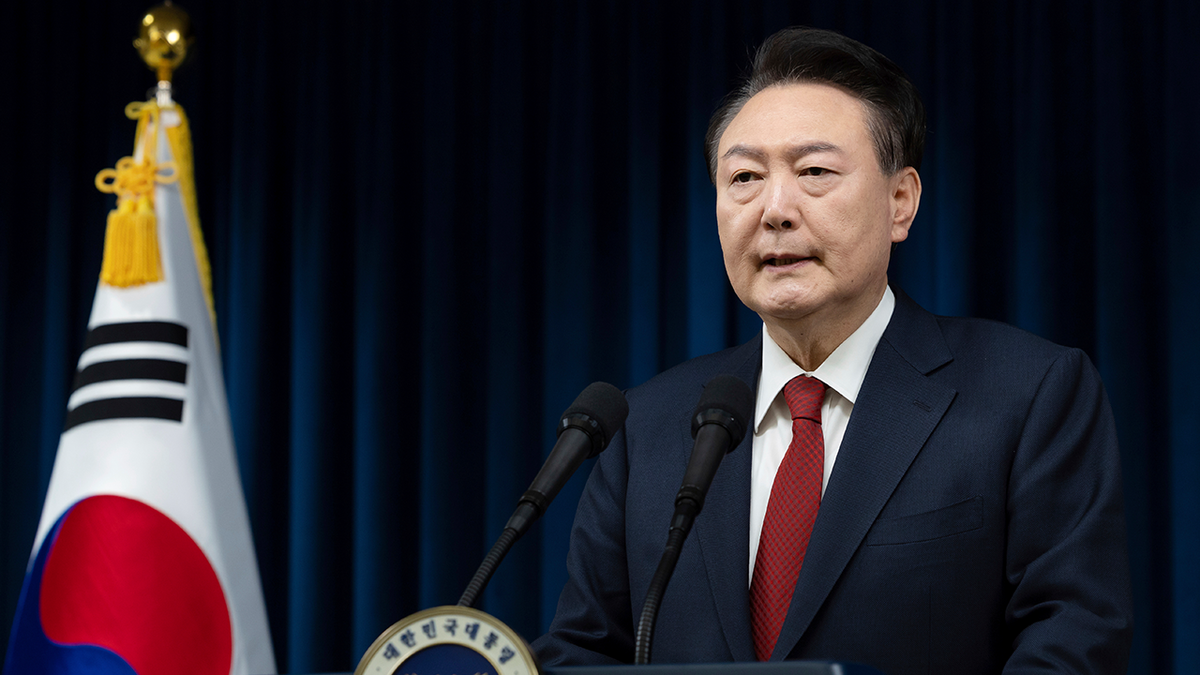In a historic turn of events, South Korea’s parliament has voted to impeach President Yoon Suk Yeol over his contentious and short-lived declaration of martial law earlier this month. The National Assembly passed the motion on Saturday with a decisive 204-85 vote, marking a pivotal moment in the country’s political landscape.
This comes after a previous attempt to impeach President Yoon failed last week. With the successful vote, Mr Yoon’s presidential powers and duties are now suspended. Official copies of the impeachment document will be delivered to Mr Yoon and the Constitutional Court, which has up to 180 days to determine whether to remove him from office or reinstate his authority. Should the court decide on dismissal, South Korea will hold a national election within 60 days to elect a new leader.
Interestingly, some members of the People Power Party, who had initially opposed impeachment, reversed their stance during the second vote, contributing to the motion’s passage. This decision reflects the growing public discontent with President Yoon, whose approval ratings have plummeted amidst widespread protests.
For the past fortnight, tens of thousands of South Koreans have braved freezing temperatures, gathering nightly on the streets of Seoul to demand President Yoon’s removal and arrest. Protesters have chanted slogans, danced, and waved K-pop light sticks, showcasing a mix of determination and cultural expression. Meanwhile, smaller groups of Mr Yoon’s conservative supporters, also in the thousands, have rallied in the capital, condemning the impeachment attempts. Both sides have maintained largely peaceful demonstrations.
President Yoon’s imposition of martial law, the first in South Korea in over four decades, lasted a mere six hours. Nevertheless, it triggered significant political unrest, disrupted diplomatic efforts, and unsettled financial markets. The decree was swiftly overturned by a unanimous parliamentary vote, forcing Mr Yoon to rescind the order. During the brief imposition, hundreds of troops and police officers were deployed to the National Assembly in an attempt to block the parliamentary vote, but they withdrew after the decree was rejected. Fortunately, no major incidents of violence were reported.
The London Examiner will continue to provide comprehensive updates on these unfolding stories, offering unparalleled insight and analysis to keep you informed.
